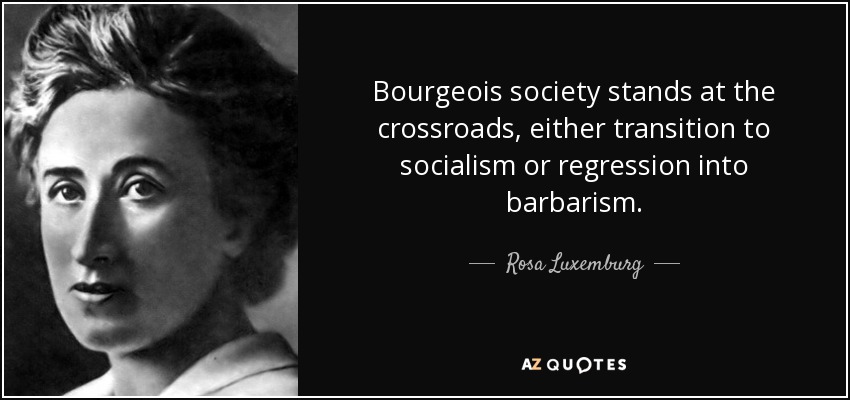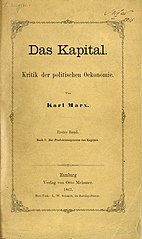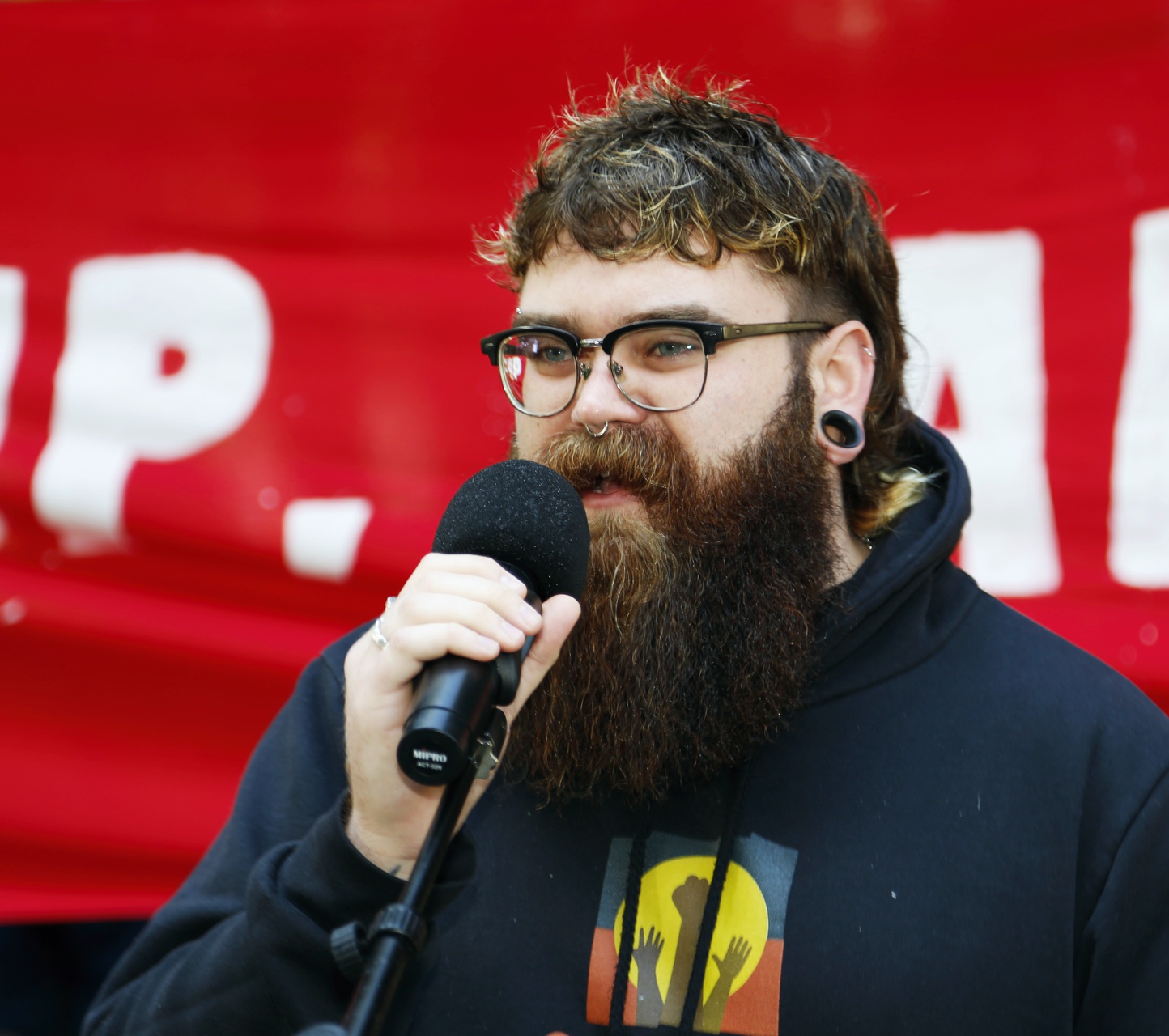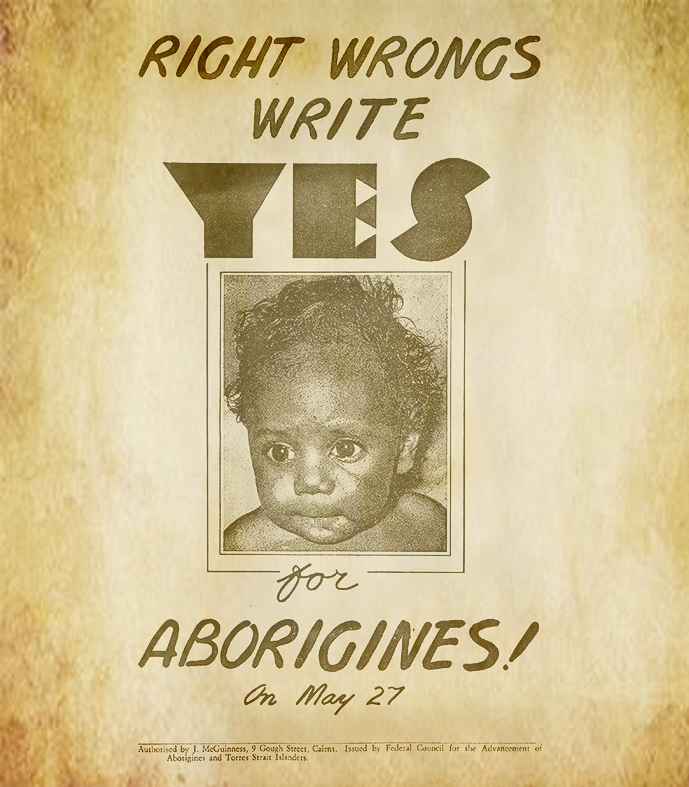Determining the principal contradiction has important practical results that reveal splits in the left. If the principal contradiction is between Ukraine and Russia, then Ukraine has a right to self-defense and the right to obtain arms. Just as Vietnam had the right to obtain Chinese and Soviet arms to defend itself against the US invasion. In fact, an international boycott of arms to Ukraine would only result in their defeat and a successful annexation by Russian forces. On the issue of ending the war, Ukraine must be the primary negotiator over its own fate, and the leading voice in the determination of its own future.…
Understanding US/Russian tensions as a secondary contradiction does not mean ignoring the reality of great power competition. It still means that the US needs to be part of the negotiations, that the US did meddle in the Maidan uprising, and that NATO was aggressive in its push eastward. But it does not obscure the Russian invasion as the principal problem, nor relegate Ukraine to a secondary role and its full independence to a secondary question, to be determined by an agreement between great powers. Lastly, when left realists accept Russian security concerns as the motivation for the invasion, it weakens our ability to convince people to take an anti-war stance when the US declares the exact same security reason for its next invasion. Reaffirming the long-standing principle of independence and self-determination must be maintained as the clear dividing line between socialist and imperialist worldviews.
Emphasis Mine
What Harris misses in his analysis is whether the people of the Crimea, Donetsk, Kherson, Luhansk, Lviv, and Zaporizhia, have the same rights as Ukrainians in general for self-determination. Harris fails to mention that a pretext for the invasion by the Russian Federation was given by President Putin at the Security Council meeting on 22 February 2022:
Those people declared that they were establishing two independent republics, the Donetsk People’s Republic and the Lugansk People’s Republic. This was the point when the confrontation started between the Kiev officials and the people living on that territory.
In this context, I would like to point out that Russia initially did everything it could to make sure these disagreements could be resolved by peaceful means. However, the Kiev officials have conducted two punitive operations on those territories and, apparently, we are witnessing a third escalation.
All these years – I want to stress this – all these years, the people living on those territories have been literally tortured by constant shelling and blockades. As you know, the people living on those territories, close to the front line, so to speak, were in fact forced to seek shelter in their basements – where they now live with their children.
A peace plan was drafted during the negotiating process called the Minsk Package of Measures because, as you recall, we met in the city of Minsk. But subsequent developments show that the Kiev authorities are not planning to implement it, and they have publicly said so many times at the top state level and at the level of Foreign Minister and Security Council Secretary. Overall, everyone understands that they are not planning to do anything with regard to this Minsk Package of Measures.
Nevertheless, Russia has exerted efforts and still continues to make efforts to resolve all the complicated aspects and tragic developments by peaceful means, but we have what we have.
Our goal, the goal of today’s meeting is to listen to our colleagues and to outline future steps in this direction, considering the appeals by the leaders of the Donetsk People’s Republic and the Lugansk People’s Republic on recognising their sovereignty, as well as a resolution by the State Duma of the Russian Federation on the same subject. The latter document urges the President to recognise the independence and sovereignty of the Donetsk People’s Republic and the Lugansk People’s Republic.
Emphasis Mine
Various other authors have dismissed the legitimancy of those oblasts' claims to sovereignty as merely Russian machinations.
The sovereignity of Ukraine is counterpoised against that of Donetsk and Lugansk.





